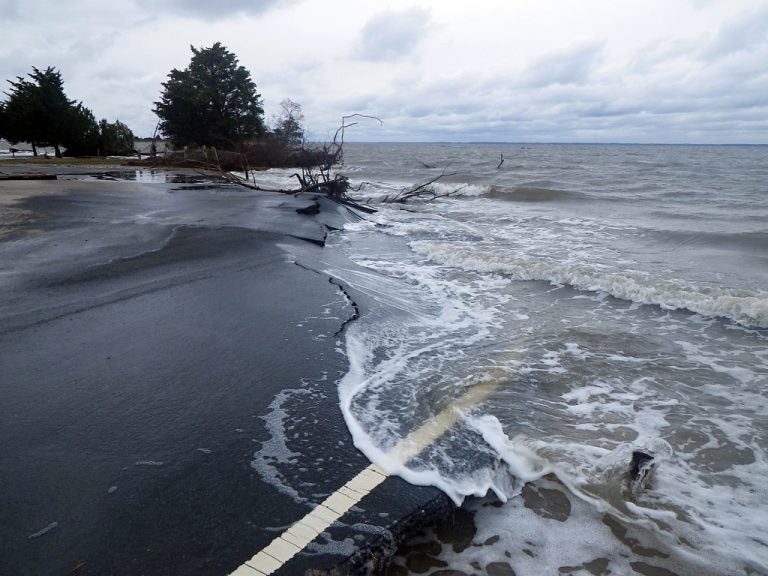Survey: Coastal residents want more government action on climate change
A pair of surveys has found that the residents of Mid-Atlantic states want more government action on climate change and environmental protection.

National Park Service image.
A pair of surveys has found that the residents of Mid-Atlantic states want more government action on climate change and environmental protection.
The surveys conducted by the Monmouth University Polling Institute in conjunction with the Urban Coast Institute have found that eight in 10 Mid-Atlantic state residents and 95 percent of coastal community residents believe the ocean and beaches are important to their economies.
In addition, 83 percent of coastal community residents believe climate change is real, up 13 percentage points from a 2015 nationwide survey conducted by Monmouth University. Support for offshore oil and gas drilling by coastal residents has dropped from 46 percent in 2009 to 22 percent now.
According to the organizations, the surveys offer the first region-wide snapshot of public opinion on ocean issues since the 2016 election and offer insight on how viewpoints have changed since hurricanes Irene and Sandy.
Some key findings include:
- Only 1-in-3 Mid-Atlantic residents say they have either a great deal (11%) or some (24%) confidence in how the federal government will handle coastal management issues over the next few years, while 6-in-10 have just a little confidence (24%) or none at all (37%). About half have either a great deal (11%) or some confidence (40%) in their states on these issues, while a significant minority have just a little (27%) or no confidence (17%).
- Just Mid-Atlantic 26 percent support oil and gas drilling off the Atlantic coast, while 40 percent oppose it and 34 percent express no opinion. A majority (54%) say it would be a bad idea for the federal government to loosen recent restrictions on new drilling in parts of the Atlantic Ocean, while just 20 percent say it is a good idea.
- More residents rate protecting the coastal and ocean environment as a high priority (81%) than improving public education (71%), improving the local economy and creating jobs (65%), lowering taxes (60%) and controlling growth and development (50%).
- Most (57%) residents say their communities are prepared to deal with the threats of sea level rise and coastal storms, while 40 percent say their towns are not prepared.
“Sandy clearly changed how coastal residents view the threats of climate change and sea level rise,” Urban Coast Institute Director Tony MacDonald said. “There is a much firmer acceptance of the warnings coming from the scientific community along with an expectation that government should be doing more about it.”
WHYY is your source for fact-based, in-depth journalism and information. As a nonprofit organization, we rely on financial support from readers like you. Please give today.




